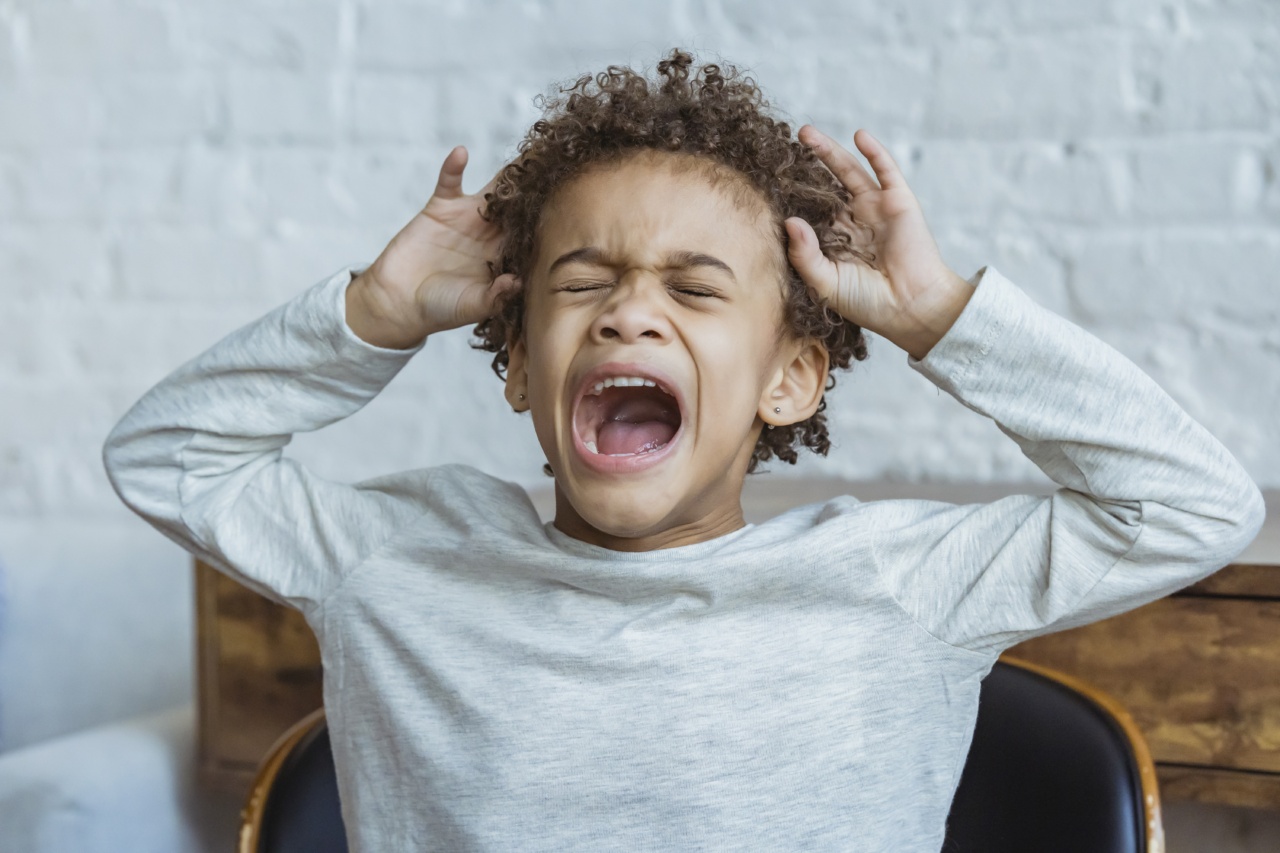Stress and panic attacks are two common experiences that many individuals face in their daily lives. While these terms are often used interchangeably, they actually refer to distinct physiological and psychological responses.
Understanding the differences between panic attacks and stress can be crucial in managing and addressing these issues effectively.
What is Stress?
Stress is a natural response to challenging or demanding situations. It is our body’s way of preparing for a fight-or-flight response.
When faced with stress, our body releases hormones such as adrenaline and cortisol, which increase our alertness and focus. This response can be helpful in certain situations, as it motivates us to take action and overcome obstacles.
However, chronic or excessive stress can have detrimental effects on our well-being.
Prolonged exposure to stress hormones can lead to physical and mental health problems, including heart disease, anxiety disorders, depression, and impaired cognitive functioning.
Causes of Stress
Stress can arise from various sources, including work-related pressures, financial concerns, relationship issues, major life changes, or even daily hassles.
Each individual may have different triggers for stress, and what may be stressful for one person may not have the same impact on another.
Symptoms of Stress
The symptoms of stress can manifest in different ways, both physically and mentally. Common physical symptoms may include headaches, muscle tension, fatigue, changes in appetite, and sleeping difficulties.
Mentally, stress may cause irritability, difficulty concentrating, racing thoughts, and a sense of being overwhelmed.
Managing Stress
Effective stress management involves finding healthy ways to cope with and reduce the impact of stress on our lives. Strategies for managing stress include:.
- Exercise regularly: Physical activity releases endorphins, which can boost mood and reduce stress.
- Practice relaxation techniques: Deep breathing, meditation, and mindfulness can help calm the mind and body.
- Establish healthy boundaries: Learning to say no and setting limits can prevent excessive stress from taking over.
- Engage in hobbies and leisure activities: Taking time for enjoyable activities can provide a break from stressors.
- Seek support: Talking to trusted friends, family, or professionals can offer emotional support and perspective.
Understanding Panic Attacks
Panic attacks, on the other hand, are brief episodes of intense fear or discomfort that usually reach their peak within minutes. These episodes can occur unexpectedly, without any present danger or identifiable trigger.
During a panic attack, individuals may experience a range of physical and psychological symptoms, including:.
- Rapid heartbeat
- Shortness of breath or feeling choked
- Trembling or shaking
- Chest pain or discomfort
- Dizziness or lightheadedness
- Sweating
- Hot flashes or chills
- Nausea or stomach discomfort
- Fear of losing control or dying
- Feeling detached from oneself or reality
Causes of Panic Attacks
The exact causes of panic attacks are still not fully understood. However, several factors may contribute to their occurrence, including:.
- Genetic predisposition: Some individuals may have an increased likelihood of experiencing panic attacks due to genetic factors.
- Brain chemistry: Imbalances in neurotransmitters and the limbic system, which regulates emotions, may play a role.
- Stressful life events: Traumatic experiences or significant life changes can trigger panic attacks in susceptible individuals.
- Phobias or anxiety disorders: Panic attacks can be a symptom of specific phobias or various anxiety disorders.
Managing Panic Attacks
Coping with panic attacks involves various strategies, such as:.
- Learning relaxation techniques: Deep breathing and progressive muscle relaxation can help calm the body during an attack.
- Practicing exposure therapy: Gradually facing feared situations or triggers can help reduce the frequency and intensity of panic attacks.
- Seeking professional help: Therapies like cognitive-behavioral therapy (CBT) can provide valuable tools and support for managing panic attacks.
- Medication: In some cases, a healthcare professional may prescribe medications to alleviate the symptoms of panic attacks.
Recognizing the Differences
It is essential to differentiate between stress and panic attacks to address them appropriately. While stress is a response to external pressures or demands, panic attacks are intense episodes of fear or discomfort that can occur unexpectedly.
Stress tends to be more long-term, while panic attacks are sudden and short-lived. Stress can stem from various sources and may have a cumulative effect, whereas panic attacks can occur without any clear trigger or warning.
While stress management techniques can be beneficial, panic attacks often require specific interventions aimed at addressing the underlying anxiety disorder or phobia.
Seeking professional help can provide individuals with the necessary tools to manage panic attacks effectively.
Conclusion
While stress and panic attacks can both have a significant impact on an individual’s well-being, they are different experiences that require distinct approaches for management.
Understanding the differences between stress and panic attacks allows individuals to seek appropriate help and develop coping strategies tailored to their specific needs.































